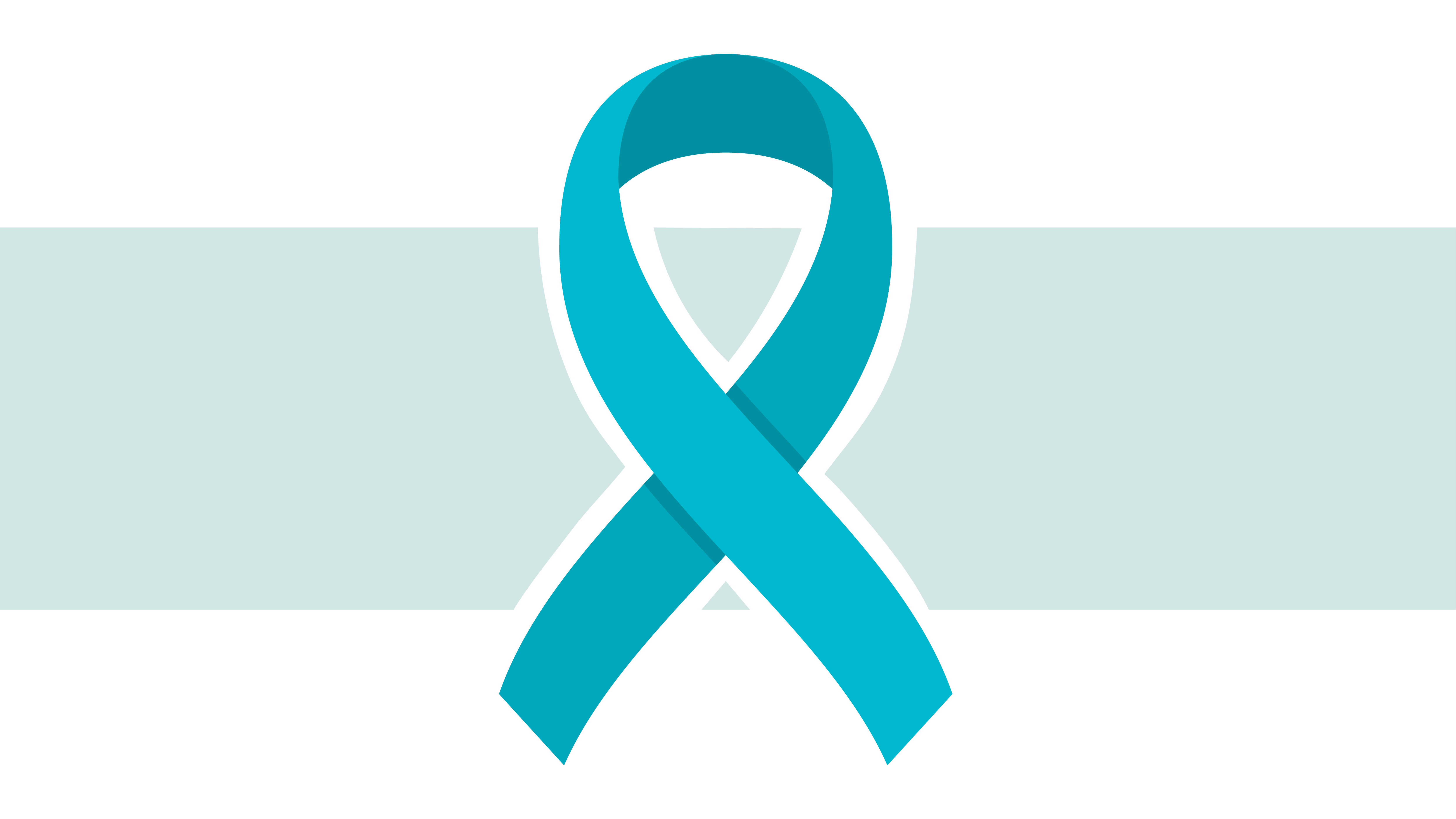
According to the American Cancer Society, about 19,710 women will receive a new diagnosis of ovarian cancer in 2023.
Ovarian cancer is a type of cancer that starts in the ovaries and is a major health concern for women, ranking as the fifth most common cause of cancer-related deaths among women in the United States.
While it's impossible to completely eliminate the risk of developing ovarian cancer, there are some proactive measures you can take to minimize your chances.
- Taking birth control pills: Women who take birth control pills for five or more years have a lower risk of developing ovarian cancer.
- Having your ovaries and fallopian tubes removed: If you are high risk, your doctor may recommend that you have your ovaries and fallopian tubes removed. This major surgery can significantly reduce your risk of developing ovarian cancer.
- Maintaining a healthy weight/being physically active: Being overweight or obese increases your risk of ovarian cancer.
- Eating a healthy diet: Eating a diet rich in fruits, vegetables, and whole grains may help reduce your risk of ovarian cancer.
- Not smoking: Smoking increases your risk of ovarian cancer.
Early Detection is Key
Detecting ovarian cancer at an early stage is crucial since it often goes unnoticed until it has advanced. Early detection significantly increases the likelihood of successful treatment.
If your family has a history of ovarian cancer, you may have a higher chance of developing the illness. Have a conversation with your doctor regarding your family history and the likelihood of ovarian cancer. They can suggest methods to decrease your risk and keep an eye on your health for any indications of the disease.
Be Aware of the Symptoms
The symptoms of ovarian cancer can be vague and like other conditions, such as irritable bowel syndrome or constipation. However, if you notice any of the following symptoms, it is important to have these checked out by your primary care provider:
- Abdominal bloating or swelling
- Feeling full quickly when eating
- Weight loss
- Pelvic or abdominal pain
- Changes in bowel habits, such as constipation or diarrhea
- Urinary changes, such as having to urinate more frequently or feeling the need to urinate urgently
Although there is currently no approved screening test for ovarian cancer, your doctor may suggest certain tests to monitor your health if you are at a higher risk of developing the disease. These tests may include:
- CA-125 blood test: This test measures the protein level called CA-125 in the blood. CA-125 is not a specific test for ovarian cancer, but it can help monitor women at an increased risk of the disease.
- Transvaginal ultrasound: This test uses sound waves to create images of the ovaries and fallopian tubes.
Take Action
Ovarian cancer is a severe illness. However, there are steps you can take to decrease your chances of getting it and identify the disease early. If you have any concerns or questions about your personal risk factors, don't hesitate to speak with your healthcare provider. They possess the expertise and insights to guide you on the most appropriate preventive measures and screenings tailored to your unique circumstances.

National Cancer Prevention Month and Its Significance
National Cancer Prevention Month is a poignant reminder that taking proactive steps toward a healthier lifestyle can significantly reduce the risk of...

Guard Against Cervical Cancer: The Importance of Pap Smears
Cervical cancer is a silent threat that affects women around the world, but the good news is that we have a powerful weapon in our arsenal – a Pap...

